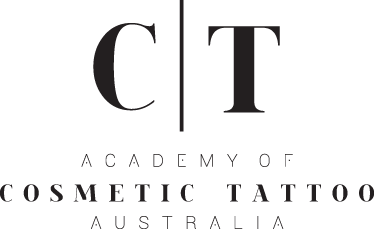
In the fast-paced world of healthcare, beauty, and various other industries, maintaining high standards of infection control is paramount. With the emergence of new diseases and the constant evolution of pathogens, staying current with the latest infection control units is not just a choice but a professional responsibility. In this blog post, we’ll delve into the significance of staying up-to-date with infection control units and the myriad benefits it brings to both professionals and the public they serve.
SHBBINF001 & SHBBINF002
As of December 2021, the Maintain Infection Control Standard SHBBINF001 has been superseded by SHBBINF002. Superseded units are units of measurement that have been replaced by newer, more standardized units due to advancements in scientific understanding, changes in technology, or the need for greater accuracy and consistency. These new units often provide clearer definitions, more precise measurements, or easier conversion between different systems of measurement. For example, the metric system was developed to replace various older systems of measurement with more consistent and easily scalable units.
HLTINF005
HLTINF005 Maintain Infection Prevention for Skin Penetration Treatments was introduced in 2015, this unit is part of the Queensland Government legislation for any professional conducting skin penetration treatments in Queensland. SHBBINF001 was also superseded by SHBBINF002, for QLD residents only. Although, HLTINF005 is nationally recognised and can be completed by a professional in any state to obtain a ‘higher risk personal appearance service’ licence.
Protecting Public Health
The foremost reason to stay current with infection control units is to safeguard public health. Professionals who interact with clients, patients, or customers can inadvertently spread infections if they are not aware of the latest preventive measures. Staying updated ensures that practitioners are equipped with the most effective techniques to prevent the spread of infections, creating a safer environment for everyone.
Adapting to Emerging Threats
Infectious diseases are constantly evolving. New strains of pathogens can emerge, and existing ones can develop resistance to existing treatments. Staying up-to-date with infection control units equips professionals with the knowledge to recognize and adapt to these emerging threats swiftly. This adaptability is crucial for staying ahead of potential outbreaks and minimizing their impact.
Maintaining Regulatory Compliance
In many industries, adherence to infection control regulations is not just good practice—it’s a legal requirement. Regulatory bodies often update their guidelines and standards to reflect the latest research and best practices. Professionals who stay current with infection control units are more likely to meet these regulatory requirements, avoiding legal issues and potential penalties.
Enhancing Professionalism
Clients and patients place their trust in professionals to provide safe and effective services. By demonstrating a commitment to staying informed about infection control, professionals enhance their credibility and professionalism. This commitment can foster stronger client relationships and positive word-of-mouth recommendations.
Minimizing Cross-Contamination
Infection control units teach professionals how to minimize cross-contamination, which is a critical aspect of preventing the spread of infections. By understanding the principles of hygiene, sterilization, and sanitation, professionals can create environments that are less likely to harbor harmful pathogens.
Contributing to Public Education
Professionals who are well-versed in infection control units can also play a role in educating the public about best practices. Whether it’s informing clients about the importance of hand hygiene or explaining the steps taken to ensure a safe environment, professionals become advocates for public health education.
Staying up-to-date with infection control units is not just a box to check—it’s an ethical obligation and a cornerstone of responsible professionalism. By remaining informed about the latest developments in infection prevention, professionals across various industries can contribute to public health, regulatory compliance, and the overall well-being of their clients and patients. Embracing continuous learning in this critical area ensures that professionals are equipped with the knowledge and skills needed to face evolving challenges and maintain the highest standards of care.


